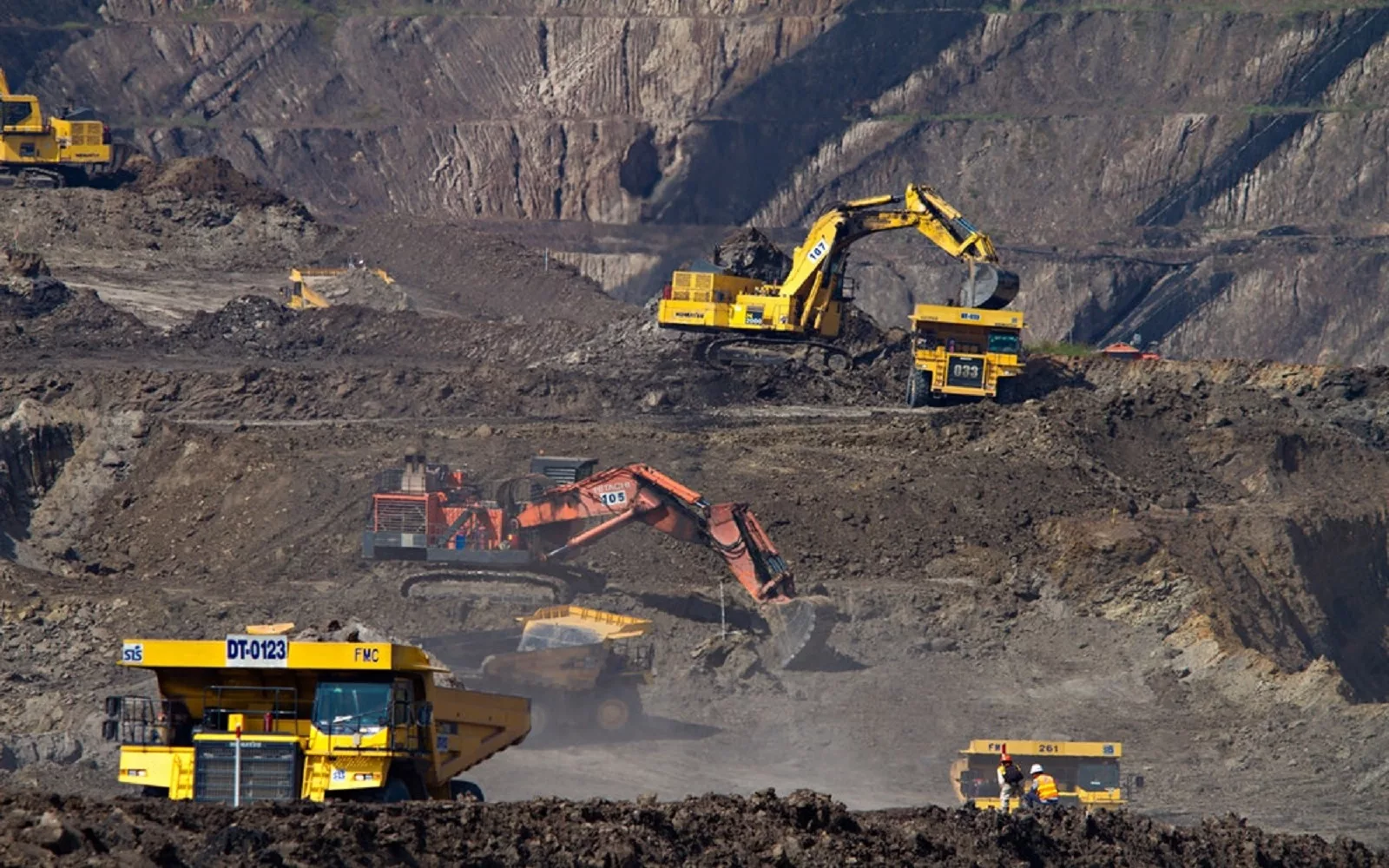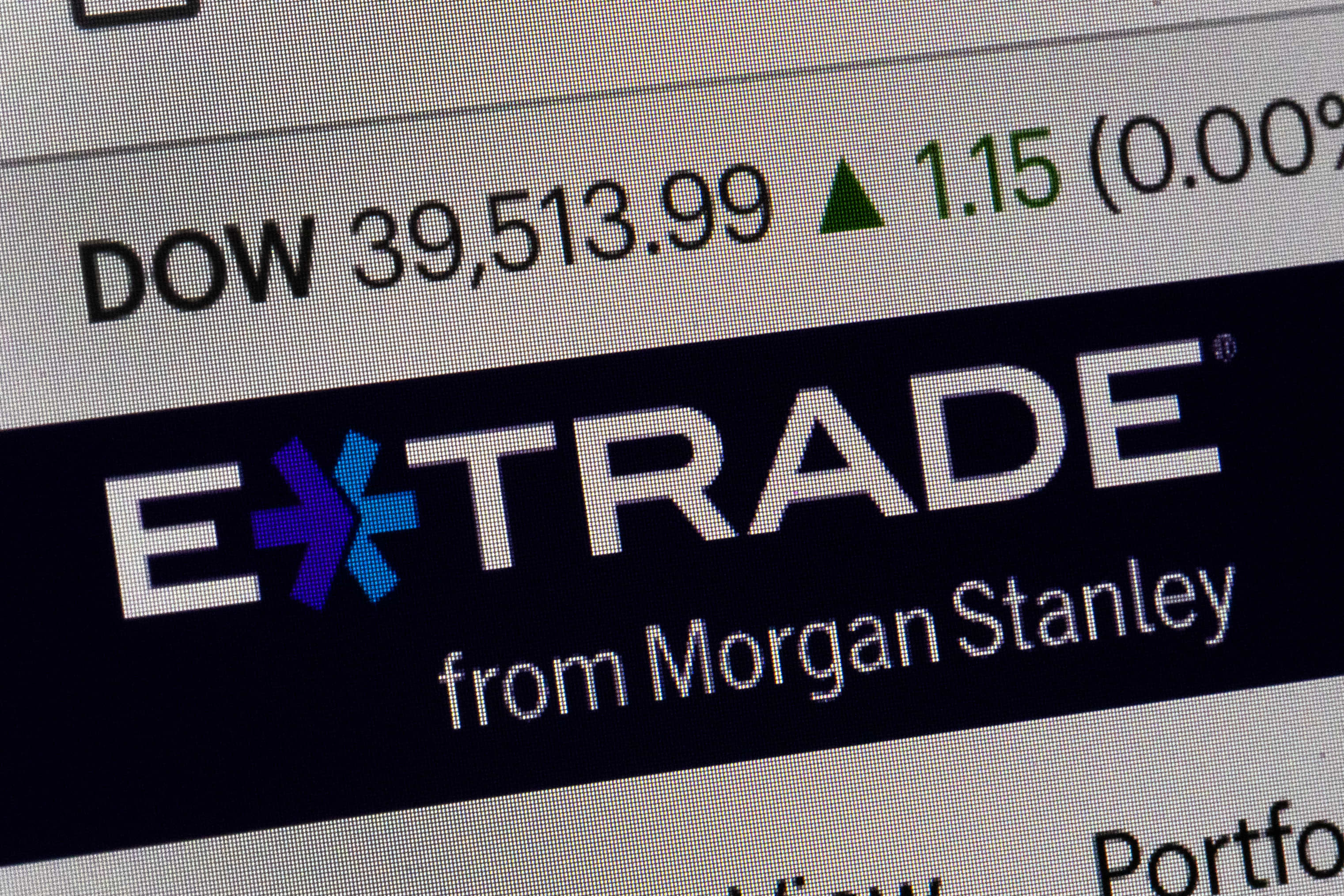By Silas Ezeugwu
Copyright leadership

Communities affected by mining activities across West Africa have called for their consent to be sought before minerals are exploited in their regions.
Traditional rulers, community leaders, and rights advocates made this demand at the opening of the 5th West African Mining Host Communities Indaba, which the rights and accountability group Global Rights organised.
They called for transparency and accountability in the region’s extractive industries, warning that the surge in global demand for West Africa’s lithium, cobalt, bauxite, and other so-called “green minerals” must not come at the expense of repeating past injustices.
In her opening address, Abiodun Baiyewu, Executive Director of Global Rights, recalled the tragic deaths of children from lead poisoning in Zamfara State’s mining communities. “Zamfara’s children were the cost of gold mining,” she said. “We watched them die while politicians bickered.”
She highlighted ongoing crises in Kogi, Gombe, Ebonyi, Osun, and other regions, where communities bear the brunt of environmental degradation and displacement, even as mineral wealth fills the coffers of corporations and political elites.
“The names of the communities may differ, but the challenges remain the same,” Baiyewu stated, pointing to decades of poisoned rivers, lost livelihoods, and devastated ecosystems across Nigeria and neighbouring countries.
This year’s Indaba, with the theme “The Intersection of Green Mining and the Right to Free, Prior and Informed Consent (FPIC),” places community agency at the heart of the clean energy debate. Participants across West Africa called host communities to be recognised not as passive recipients of mining’s fallout but as equal stakeholders in resource extraction and benefit distribution decisions.
“The promise of a greener world must not come at the expense of the people whose heritage is being traded under the guise of a just energy transition,” Baiyewu warned. Without FPIC, she cautioned, the global shift to renewables risks becoming another chapter in a long history of exploitation.
As world leaders gathered in New York for the UN General Assembly to discuss peace, development, and human rights, Baiyewu lamented the absence of the most affected communities from the global conversation on the future of mining and energy.
LEADERSHIP reports that the conference, now in its fifth year, has become a regional platform where grassroots leaders, policymakers, and civil society converge to set their own agenda for resource governance. Over the coming days, delegates will deliberate on how to align the global energy transition with justice, human rights, and environmental sustainability.
Baiyewu urged participants: “Let this gathering not only be a forum for dialogue but a catalyst for collective action — where communities stand at the centre, their consent honoured, their rights protected, and their futures safeguarded.”
In a keynote address, Dr Orji Ogbonnaya Orji, Executive Secretary of Nigeria Extractive Industries Transparency Initiative (NEITI), stressed the urgent need to transform Nigeria’s solid minerals sector. Despite Nigeria’s vast mineral wealth—44 distinct mineral types across over 500 locations—the industry contributes less than 1% to the nation’s GDP, highlighting significant underperformance. The 2023 solid minerals revenue was about N401.9 billion, accounting for only 0.83% of the GDP.
“For decades, we have lamented… Today, the time for lamentation is over,” Dr Orji declared, calling for decisive action to curb lost revenues, smuggling, illegal mining, environmental degradation, and neglect of host communities.
With the global economy shifting rapidly towards green energy, minerals such as lithium, cobalt, nickel, and rare earth elements are now “more valuable than oil,” placing Nigeria at a crucial crossroads. Dr Orji warned that if Nigeria does not act boldly and swiftly, “we will again watch others turn their resources into national wealth while ours remain trapped beneath the soil.”
He emphasised aligning Nigeria’s mining sector with global green mining trends and embedding FPIC to make host communities “equal partners, not afterthoughts.”
Dr Orji further argued that Nigeria’s mining laws are outdated and must be rewritten to reflect 21st-century realities—empowering communities, protecting the environment, enforcing transparency, and attracting investment. He recommended passing a new Solid Minerals Reform Act within 12 months and enacting the Nigerian Minerals and Mining Act (Amended) Bill, 2023.
He called for establishing a National Minerals Development Council, “chaired at the highest political level,” to drive reforms efficiently. More potent regulators, digital platforms, and community oversight were cited as essential to resetting governance.
Economic diversification through solid minerals was highlighted as Nigeria’s best hope to reduce dependence on oil amid declining global production. Dr Orji said, “This sector can deliver billions in revenues if fiscal regimes are reformed and leakages blocked.” He stressed the importance of clarity, consistency, and credibility to attract sustainable investment, urging investment in domestic value addition, processing, and refining rather than merely exporting raw minerals. This is vital to unlocking the sector’s full economic potential.
He also called for technology-driven enforcement to combat illegal mining and smuggling, insisting authorities must “tighten enforcement on environmental obligations… with technology, not just task forces.”
Another priority was reviewing the Solid Minerals Development Fund to ring-fence revenues for “infrastructure, public education, and community development.” The sector must be “intentionally inclusive,” creating jobs for youth, women, and vulnerable groups while ensuring women’s voices are heard at the highest decision-making levels to drive sustainable growth and shared prosperity.
Concluding, Dr Orji urged the Indaba to be a platform for “action, action that places communities at the centre.” Mining revenues must translate into visible improvements in schools, hospitals, roads, and security for host communities. NEITI pledges to be the “accountability anchor” to track progress and hold all stakeholders responsible.
“No more lamentation or preparation without execution,” he declared. “The time is now to reform, legislate, implement, and deliver.”
He insisted that the solid minerals sector must become a “frontline sector, a pillar of diversification, a magnet for investment, a driver of decent jobs, and a guarantor of community dignity,” powering prosperity and hope across Nigeria.
Hon. Gaza Jonathan Gbefwi, Chairman of the House of Representatives Committee on Solid Minerals, emphasised that mining must prioritise people over profit. He commended Global Rights for advocating for host communities. He described the event theme, “Contextualising Green Mining Within Free, Prior and Informed Consent (FPIC),” as timely and morally urgent.
Gbefwi criticised the long-standing narrative in West African mining, which has focused heavily on economic gains and foreign investment, often neglecting local communities’ displacement, environmental damage, and economic disenfranchisement.
“We’ve talked about tonnes of ore and millions of dollars, but we’ve often failed to address the human cost adequately,” he said.
He described FPIC as a fundamental human right and the foundation of sustainable mining, insisting that host communities must be active partners in every mining phase—from exploration to closure. “FPIC ensures communities are not just consulted but are active partners,” he said, stressing respect for local traditions, land, and autonomy. Proper consent, he argued, must be free, informed, culturally appropriate, and revocable.
Gbefwi argued that the era of voluntary corporate social responsibility is over. Strong, enforceable legal frameworks protecting mining host communities’ rights are needed.
He outlined five legislative priorities: guaranteeing land rights and ownership, mandating FPIC, establishing transparent and equitable benefit-sharing, ensuring environmental accountability, and creating accessible legal redress mechanisms.
“The time for voluntary corporate social responsibility is over,” he declared firmly. “We need mandatory legal frameworks that guarantee the rights of our people.”
Sharing progress made by the 10th Assembly, Gbefwi highlighted legislative reforms to strengthen regulatory frameworks, aligning with global best practices while prioritising environmental protection and community welfare. Efforts include improving revenue transparency under the Extractive Industries Transparency Initiative (EITI), supporting local content and indigenous participation, and promoting green mining practices.
“Our mineral wealth must benefit our people,” he affirmed, stressing inclusive and sustainable policies.
Gbefwi urged all stakeholders—government, civil society, industry, and communities—to unite in rewriting West African mining’s story, shifting from exploitation to shared prosperity and social justice.
“No community should pay the price of poverty for sitting on riches,” he declared, urging participants to leave the Indaba with renewed determination to ensure that the wealth beneath the soil leads to dignity, development, and equity above it.
A highlight of the event was the unveiling of Violent Earth: Mineral Governance and Endemic Violence in Nigeria, a book prepared by Global Rights that explores the link between mineral prospecting and rising insecurity in host communities.



